Co-op at CAMD
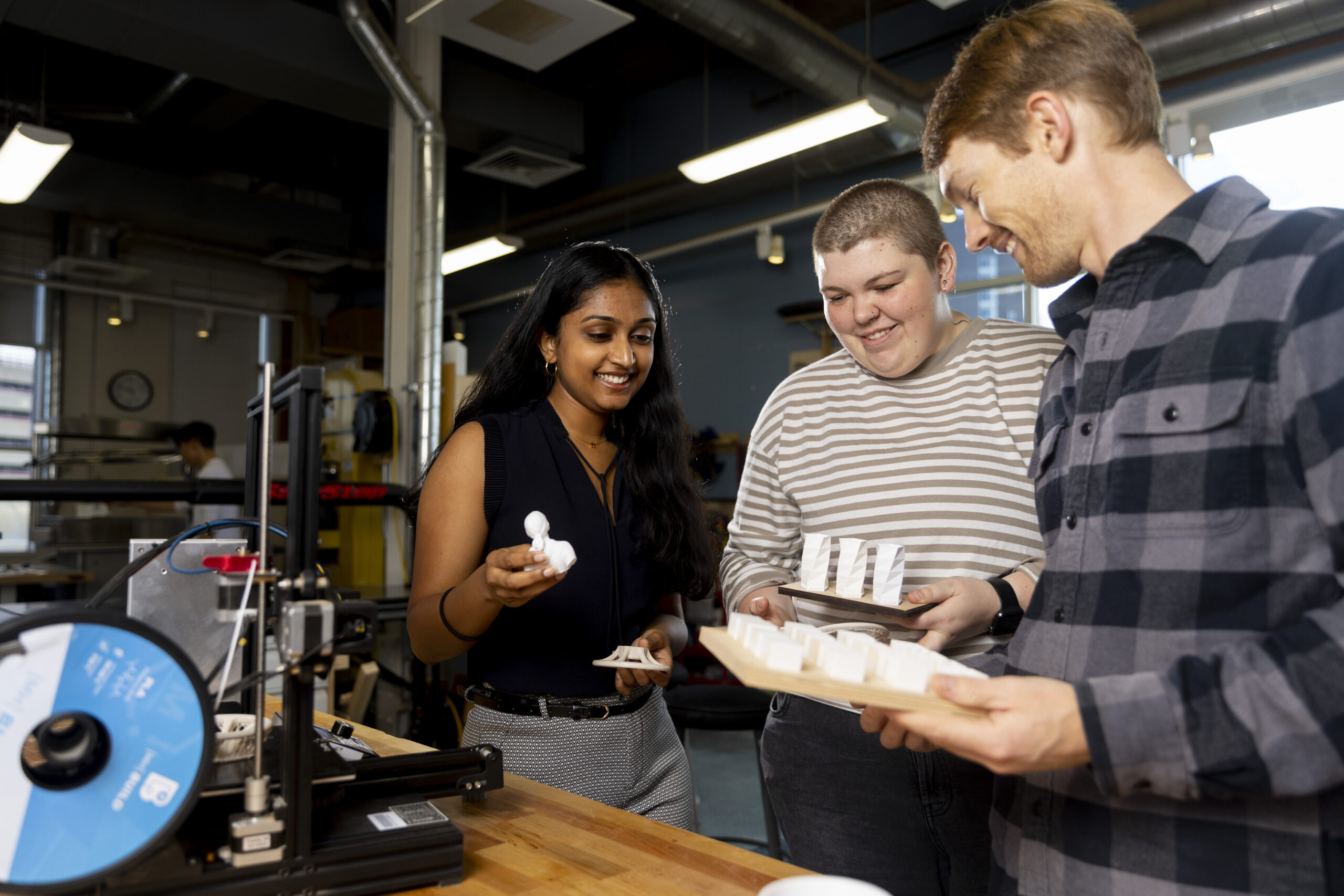
At Northeastern, applying your knowledge and skills to a variety of industries is at the heart of our approach to education. The co-op program is one of the most powerful ways that comes to life. Participating in a co-op means alternating between semesters of academic study with periods of full-time employment.
By the Numbers
700
600
96%
Where co-op shines
Through co-op placements, you can immerse yourself in fields that interest you as a creative practitioner on a longer-term basis. You’ll learn teamwork and adaptability while exploring potential career paths and opportunities.
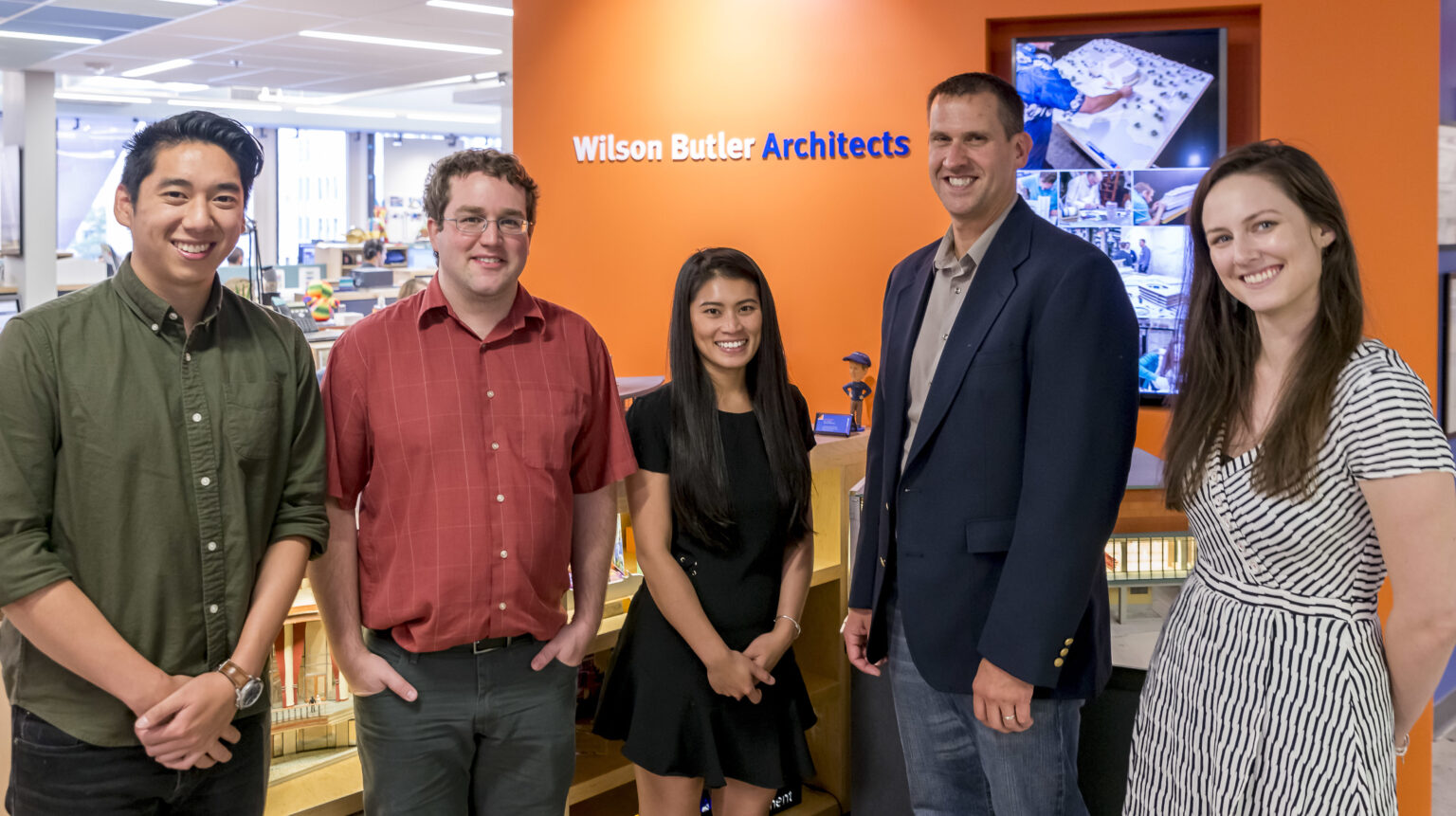
A supportive environment
At every step of the process, students can find support from courses, workshops and coordinators. Students receive guidance on securing co-op positions, assessing their growth and finding the next steps after a co-op has ended. Dedicated coordinators offer personalized advice to ensure students get the most out of their experience.
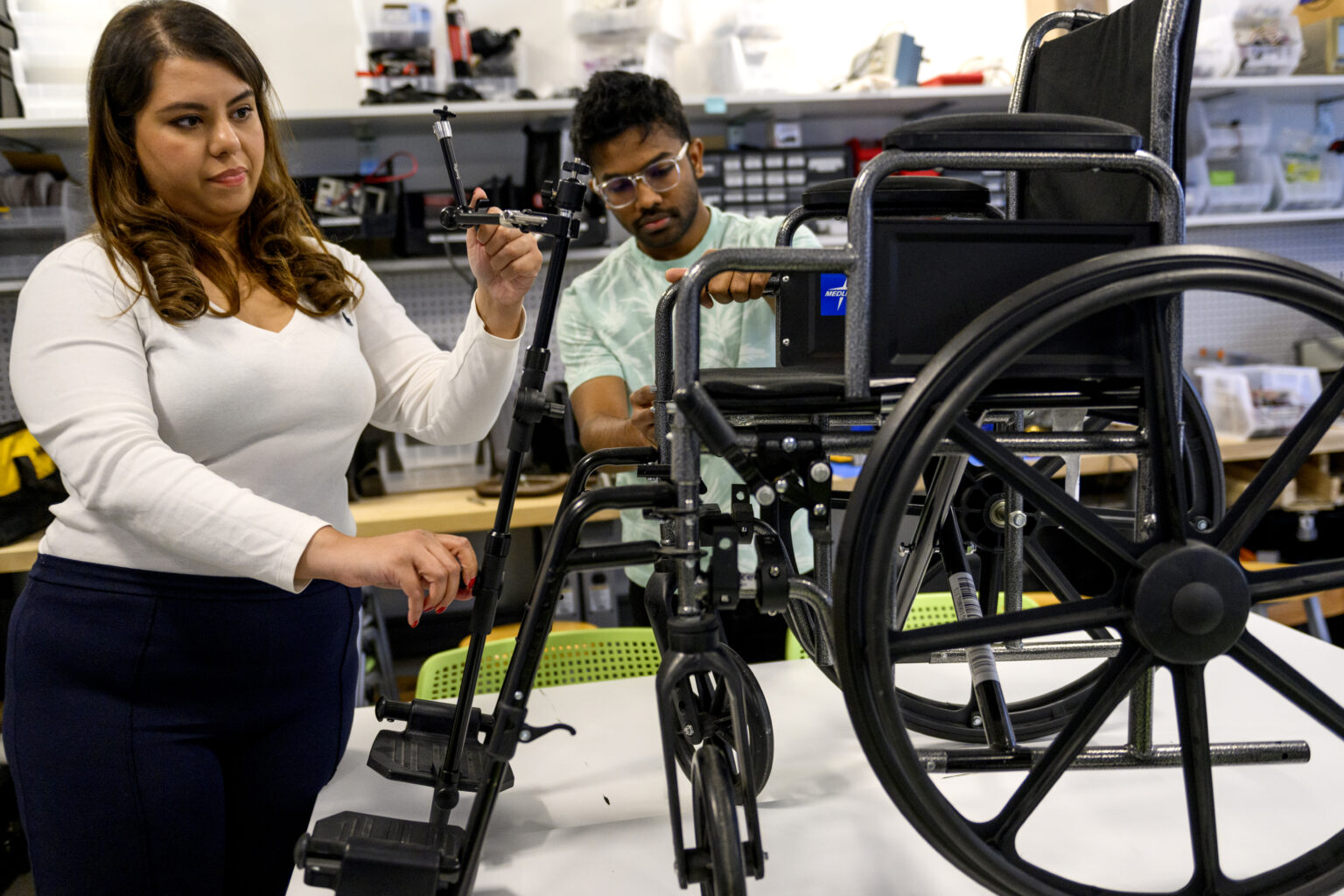
An integrated experience
Co-op provides students the opportunity to explore or refine potential career paths, make valuable industry connections, broaden perspectives, and acquire the skills and knowledge needed to succeed —all while learning and growing outside the comfort zone of the classroom.
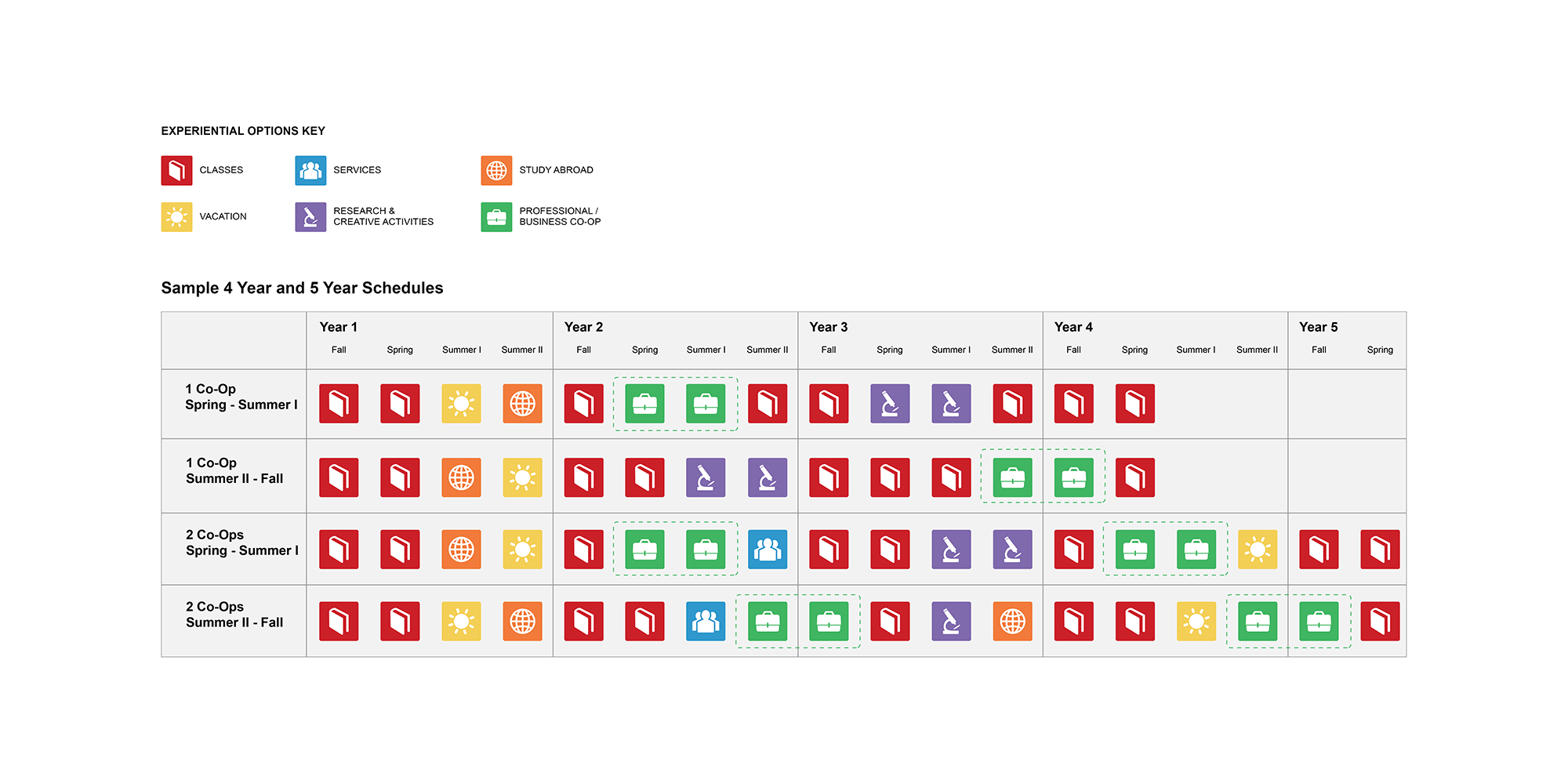
It's one thing to learn technical skills in class, but it's a totally different ball game when you're working in the real world.
2021, America's Test Kitchen

Featured co-op employers









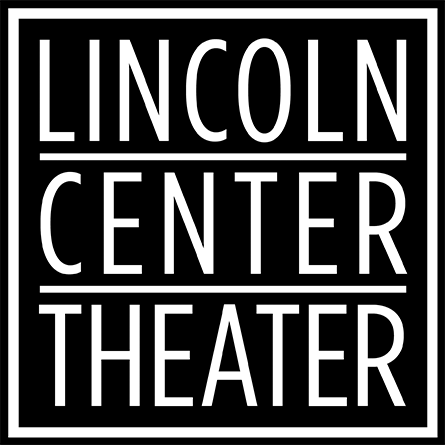



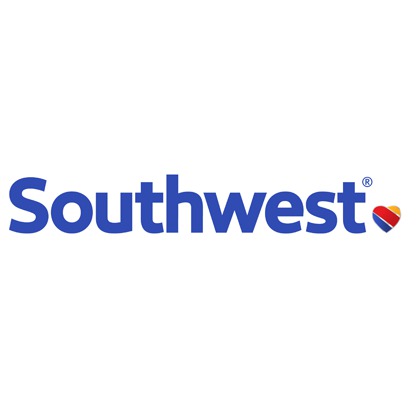


Co-op program details
How it works
- Students in CAMD complete at least one six-month cooperative education experience.
- Graduate students also have the option to participate in the cooperative education program.
In consultation with their assigned cop-op coordinator, students submit their resumes (and in some cases, portfolios or work samples) to companies in the NU database. Students also work with their co-op coordinator to find opportunities outside of the NU database. The companies then decide who to interview and eventually hire. No one is guaranteed a co-op, though the vast majority of students who are proactive and flexible end up finding a job.
The benefits to students are easy to see:
- A substantial number of new graduates who become employed full-time receive job offers from former co-op employers.
- Students going on to graduate school have numerous work experiences, contacts and professional networks already established.
The Co-op Program offers students opportunities to:
- Clarify short and long term personal, educational, and career goals.
- Explore jobs in their chosen fields.
- Integrate what is studied in classes with what is experienced when working.
- Enhance understanding and appreciation for the “world at work.”
- Develop job finding, job survival, and career advancement skills.
- Strengthen their developing identities as professionals in their career choice, working with role models in their chosen field.
Working with your co-op coordinator
- Architecture:Lynn Burke
- Art + Design:Isabel Dmitruk (last names A – L) and Rachel Villari (last names M – Z)
- Communication and Media and Screen Studies:Mark Bresnihan (last names A – G) and Emily Hornsby (last names H – Z)
- Game Design:Becky Buchmelter
- Journalism:Christina Roberts
- Music:Nancy Tarr
- Theatre:Nancy Tarr
Co-op coordinators also support employers by referring qualified, interested students for full-time co-op positions. Please keep in mind that our co-op partners are free to choose which candidates to interview and hire.
Program requirements
- Be a full-time student to participate in co-op.
- Complete all pre-co-op requirements.
- Complete Intent to Co-Op form and Professional Standards Agreement
- Make satisfactory progress toward degree completion, including grade-point average requirements.
- Have accurate information about the co-op placement in the university’s official co-op placement system, including specific start and end dates and meeting the minimum hour and day requirements.
- Not participate in co-op in the final term unless it is specified in the curriculum requirements of the program catalog.
- Resolve any previous disciplinary or academic probation issues, or have the cooperative education coordinator approve a plan to resolve these issues prior to applying for co-op jobs.
- Have any self-developed co-op approved by the cooperative education coordinator before accepting the position.
- Comply with any preemployment checks required by the employer, such as drug testing, credit checks, physical examinations, security clearance, and criminal record checks.
- Participate in Title IX training, as required.
- Complete any additional requirements if participating in a global co-op.
- Work with the cooperative education coordinator if an Unsatisfactory (U) grade has been received for a past co-op to reestablish eligibility.
Transfer and International Students:
- Transfer students from other universities must have met the same requirements in their major’s co-op program as non-transfers and must have completed at least one semester of classes before starting co-op.
- International students must attend one academic year, or its equivalent, and are responsbile for obtaining proper authorization from the Office of Global Services before being able to begin a co-op experience.
Academic Requirements:
- Be full-time while on co-op; defined as either:
- One full-time co-op job; 32-40 hours per week
- Two simultaneous half-time co-op jobs; 16-31.99 hours each
- One half-time co-op; 16-31.99 hours with graduate students taking 3 or more academic credits or undergraduate students taking 6 or more academic credits.
- Undergraduate students on co-op in a Summer 1 or Summer 2 term may be registered for one-half time co-op without acquiring a second job or taking an accompanying class.
- Meet the minimum length requirements for an academic term:
- Semester full-term: minimum of 11 weeks of 55 workdays
- Quarter full-term: minimum of 9 weeks of 45 workdays
- Summer 1 or Summer 2 term: minimum of 5 weeks or 25 workdays
- Receive a grade of Satisfactory or Unsatisfactory for the co-op experience.
Before your undergraduate co-op
- Evaluate career interests, short- and long-term goals, and developmental steps
- Develop a professional resumé and create digital portfolio or demo reel (if applicable)
- Research companies and available co-op positions
- Search and apply for a co-op position using NU Works and other resources
- Prepare for employer interviews and job offers
- Review prior work experience, employer evaluations, and current skills, talents, and strengths
During your co-op
- Discuss your self-established learning objectives and what you hope to get out of your experience
- Assess progress throughout your co-op, and adjust these learning objectives as needed
- Talk about your growth, successes, and ways to improve for the future
Work with your co-op coordinator to:
- Discuss what you’ve learned and how you’ve grown
- Participate in the required reflection activity
- Reassess your academic and professional goals
After co-op
Pursue your goals with the power of experience
You’ll be a highly competitive job candidate after graduation — 93% of NU graduates are employed or enrolled in graduate school nine months after graduation (multi-year average).
Co-op alternatives
While we recommend pursuing co-op through CAMD’s co-op team, some students choose to identify their own opportunities. All co-ops must be approved by the CAMD CO-OP team. Students should speak to their co-op coordinator for details on the process for approval. Contact your co-op coordinator to make a proposal and discuss requirements, documentation, and approval for alternate experiential projects or positions at an employer we don’t currently partner with.
Graduate co-op details
Graduate students will be guided by their co-op coordinator and an interactive canvas course that reviews resume and portfolio development, job search resources, and networking advice. Full-time graduate students are allowed to complete one 4 or 6 month co-op, depending on program length. Students are eligible for co-op only after completing two full semesters of classes. International students must complete both semesters consecutively. International Students are responsibile for obtaining approval to begin co-op through the Office of Global Services. Once students complete all academic degree requirements, they are no longer eligible to participate in co-op. During the first semester on campus, all students must attend a CAMD Co-op Information Session and meet with their assigned co-op coordinator to discuss career interests and professional goals, develop a resume/portfolio, and explore job search strategies.






















